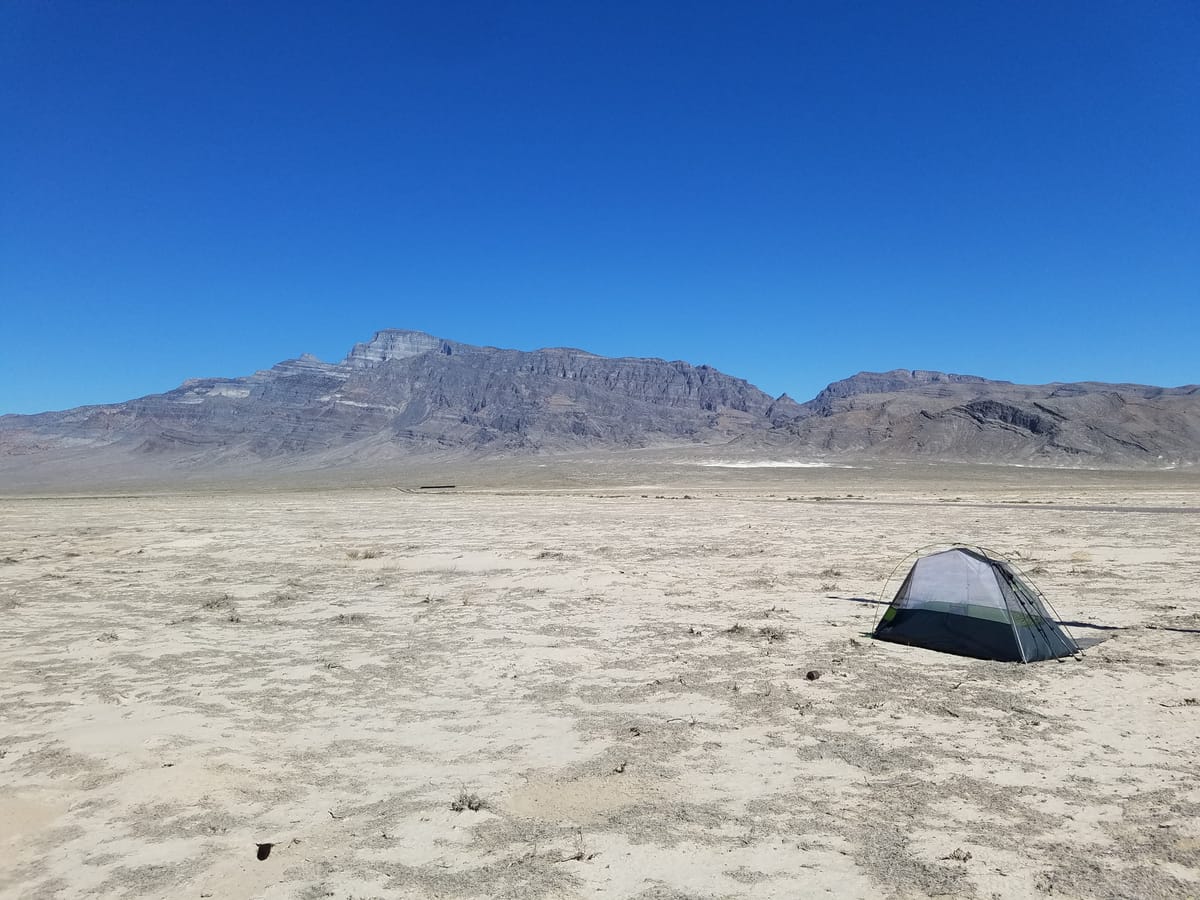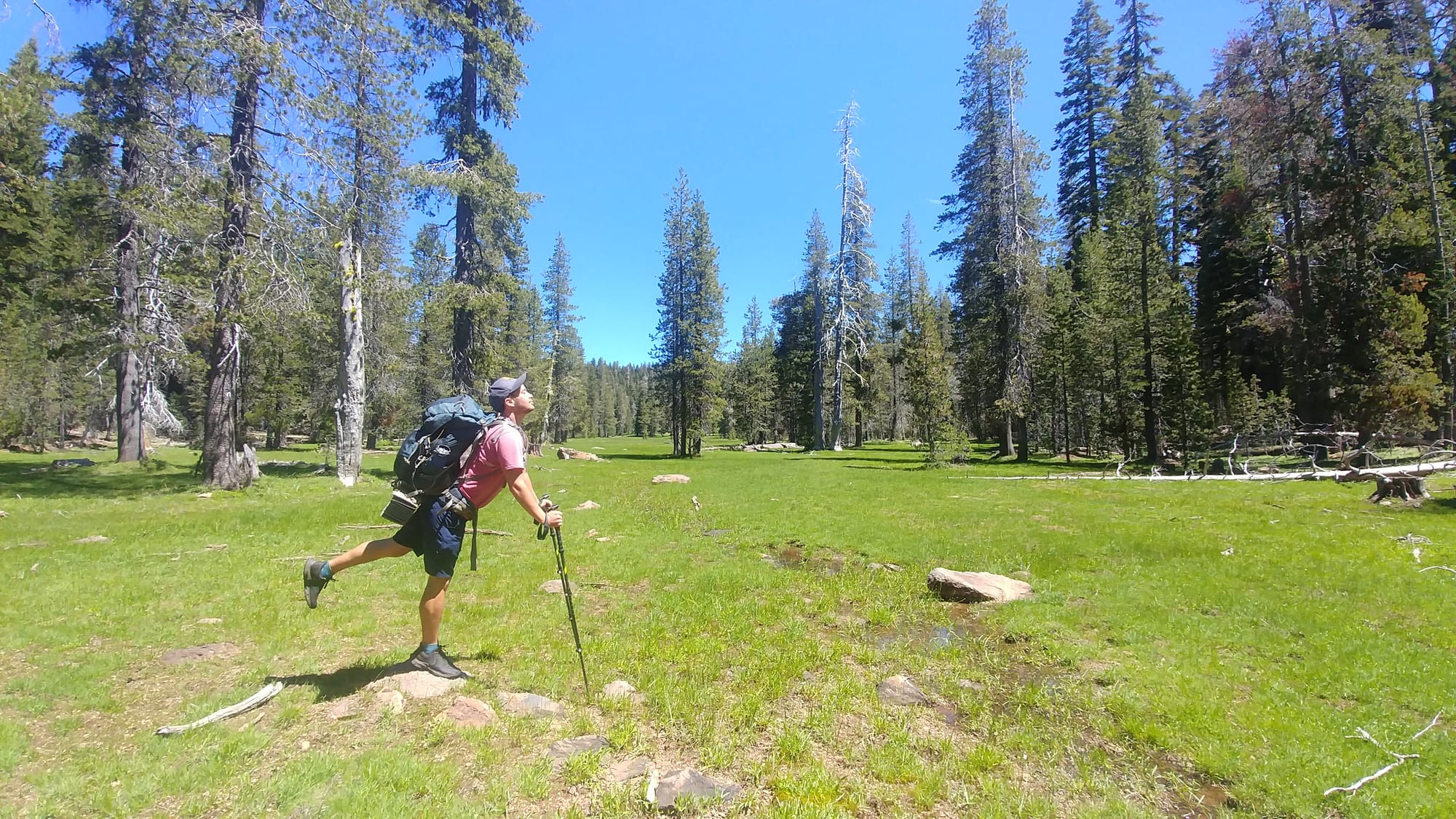About This Site

My Fellow Amerigrines,
There’s an old adage that you hear from time to time that says, “Life is about the journey.” While that may be true, this website is primarily dedicated to exploring a specific type of journey that is about life itself: pilgrimage.
For a myriad of reasons, I have a mild obsession with pilgrimage, both as a concept and a practice, a vision and a politic, a historical feature and a way of the future, and so, put simply, the ensuing posts will delve into an exploration of what pilgrimage has been in the past, what it appears to be in the present, and what it (arguably) should be in the future.
My interest in pilgrimage began in 2017, when I spent a summer in Kasana Luweero, Uganda, working with students at a small Catholic school. One day in late May, one of the priests told me that “the pilgrims are coming today to sleep on the pitch.” Being an American, my initial instinct was that labor-loving folks with buckles on their shoes would soon be walking through East Africa, because, as all 90s Kids know, if April Showers bring May Flowers, what do May Flowers bring? Pilgrims. And so I waited for the boats to arrive ashore.
As the evening came, nearly one hundred people peregrinated onto the church soccer field, men and women alike. Most were dressed simply, usually carrying a small pack. Some were barefoot. Some were pregnant. One was literally barefoot and pregnant. From what I could tell, they had nothing in common but their destination and the hymns they sang together on the way there.
When that first batch left the next morning, I did a minimal amount of research to understand what this pilgrimage was about, and why, not just Ugandans, but Rwandans, Kenyans, Tanzanians, Congolese, and South Sudanese were willing to walk for weeks or even months to make it to this old shrine in a place called Namugongo. While reading, I kept thinking, “Is this a thing that people do?”
It turns out that it is; or at least it was.
When I returned to school that Fall, I couldn’t quite get the images of the pilgrims and the beauty of their songs out of my mind. Luckily, an assignment soon came my way that gave me some leeway to funnel that energy into research on the philosophy of pilgrimage. I was taking a class on the history of Eastern Orthodoxy and there was an assignment that gave the simple prompt of, basically, “Write on anything about which the Orthodox and Latins disagree.” I initially was going to write about Zionism, as I don’t have much of an opinion on the matter and these papers function perfectly as ways to form arguments that you know will be reviewed in red. But after reading some books on the matter, the stories and lives of different pilgrims from the Four Winds became so fascinating, I had to switch the topic from the proverbial “Holy Land” to the surreality of “Holy Walking.” Is this a thing that people did?
It turns that it was; though the vision and practice varied drastically between the East and West.
It is the drastic chasm between them that has kept me coming back. I borrowed 20 books from the library, but had to shrink the notes down to an eight page paper, though I think I wrote enough for two hundred.
Or at least a few posts on a personal website.
Ergo, Amerigrine.
If you’re interested in the philosophy of what historically qualified long walks as proper “pilgrimages,” I hope you’ll enjoy my writing.
If you’re interested in my own self-prescribed pilgrimage during June of 2019 to December of 2021 from Boston to San Francisco, then the page Hecka Walk will be your land of promise.
If history, tales of yore, or yours truly walking from coast to coast doesn’t quite do it for you, then please allow me to direct you to another part of this site: Uganda. I’m in Uganda as I write this (November ‘25) for one year, barring unfortunate circumstances, to help the local students with their school fees, food needs, and basic necessities (pens, paper, light bulbs, toiletries, etc.). In other words, I am trying to dedicate a year to modestly improving the lot of the poorest people I’ve ever known.
Wherever you may be and however you may have arrived, I sincerely hope this site is somehow edifying to you.
Your Fellow Amerigrine,
Max
